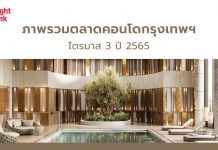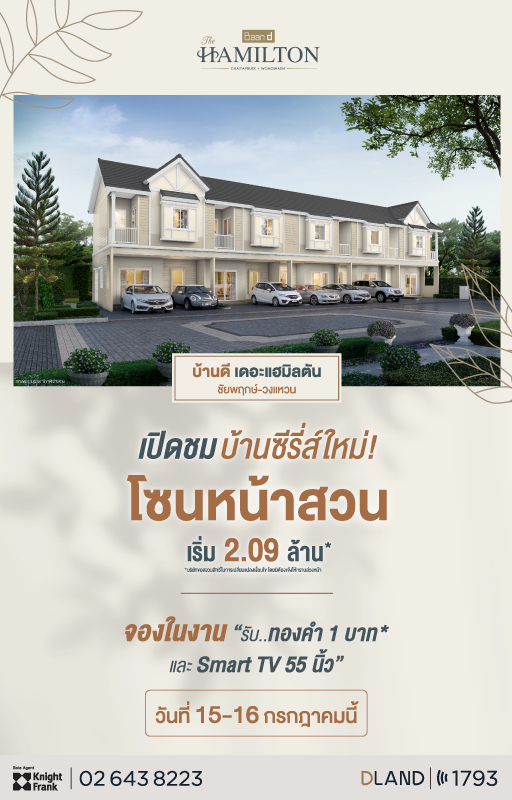Source: property-report.com
It’s evident that Bangkok real estate has been dominated by luxury developments in the past three years – just look around the city and you’ll see. Land prices have risen exponentially leaving no other choice than to start luxury projects to match the developers return.
Looking back over the last two years, interest for luxury projects from both overseas investors and wealthy Thai families has persisted.
The healthy increase in supply from the luxury segment also pushed other developers to new (sub) urban areas and the expansion of the mass transit lines. The old days when BTS On Nut was the last stop of the Sukhumvit line is already a thing of the past, and we can now commute daily all the way to BTS Bearing station, located in the outskirts of downtown Bangkok, and before the end of 2017 this extension will reach the Samut Prakan province.
More: Luxury developers can’t leave this Bangkok neighbourhood alone
The quality of infrastructure systems in Bangkok, including its transportation and telecommunications systems, is also an important factor that influences real estate investment and development decisions similar with other big cities around the world. Infrastructure developments have direct impact on property values, especially the way that transport infrastructure positioning has serious impacts on people, communities and property values. This is clearly visible along the BTS lines Sukhumvit and Silom.
Residential and commercial properties located close to transportation infrastructure tend to be labelled as “premium” and it’s common for real estate prices to appreciate in line with the development of infrastructure.
Thai quota demand slows down
Local household debts and low credit approval have affected the Thai building quota for residential projects across the Kingdom, where the Condominium Act imposes that only 49 percent of the building quota can be sold to a foreign entity.
In general, developers have a ‘sabai’ time selling to foreigners, most of those buyers are cash-rich (at least rich enough with sufficient funds to pay the down payment) and have multiple options for credit approval and have less debt.
When we look up into the evening skyline of Bangkok, we see several high-rise condominiums in semi darkness and ask ourselves many questions: Are the owners not home? Did they forget to pay utility bills? Is it their daily ‘Earth hour’? Or could it really be that there is stock left?
More: These cool Bangkok neighborhoods are home to hot markets
In many cases the darkness is indeed a result of Thai quota limitations – many units are left unsold due to the aforementioned reasons. But isn’t the middle-class population growing in Thailand? It is indeed, and the middle class also usually apply for household debt by purchasing items on credit that are not a necessity, but more image-based.
Developers sometimes implement persuasive schemes and deferred payment plans to trigger the interest of Thai buyers. In 2017 we expect to see more serious and also hilarious marketing campaigns being launched, from giving away free iPhone for the first batch of buyers (because that’s what a luxurious life is all about) or awarding a “chance” to get 10 percent discount during the pre-sales phase ( if the non-refundable booking is paid and your lottery ticket is drawn).














